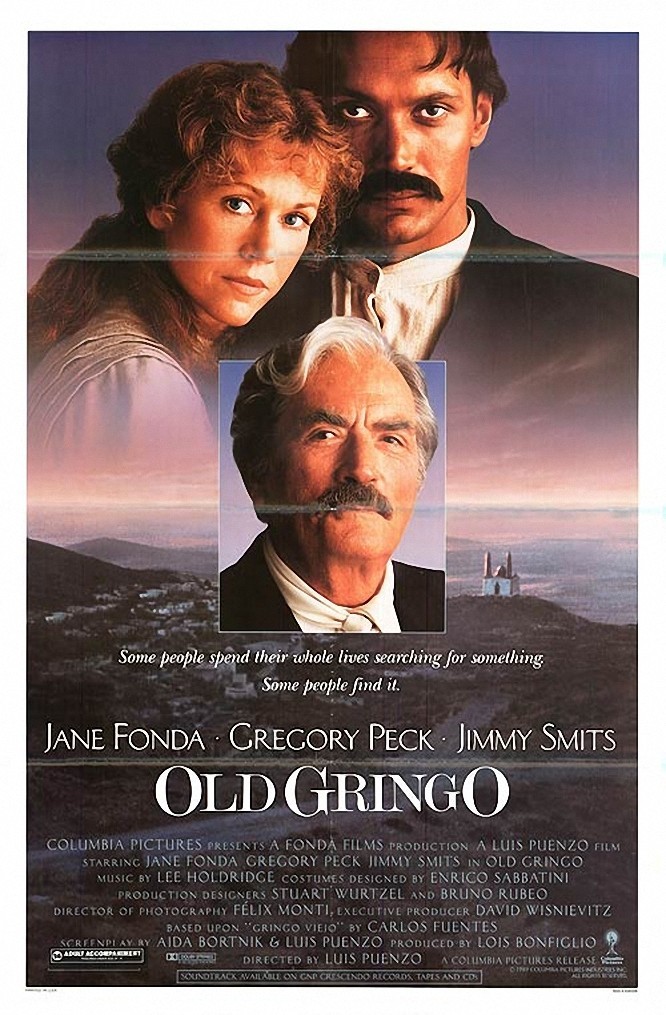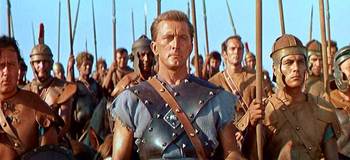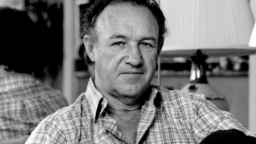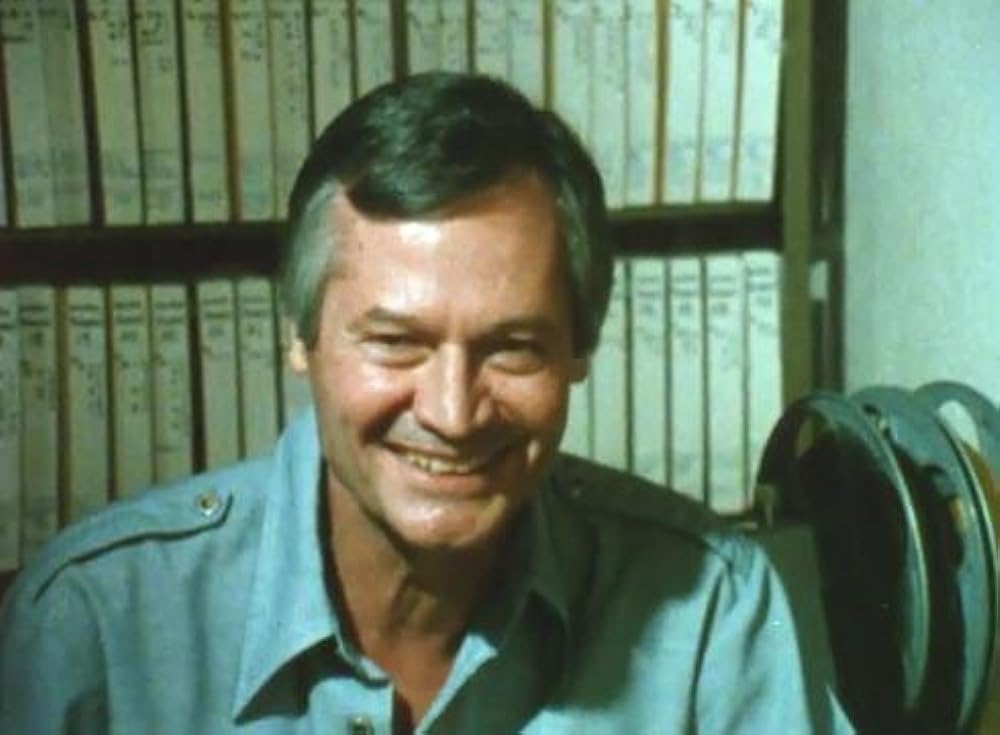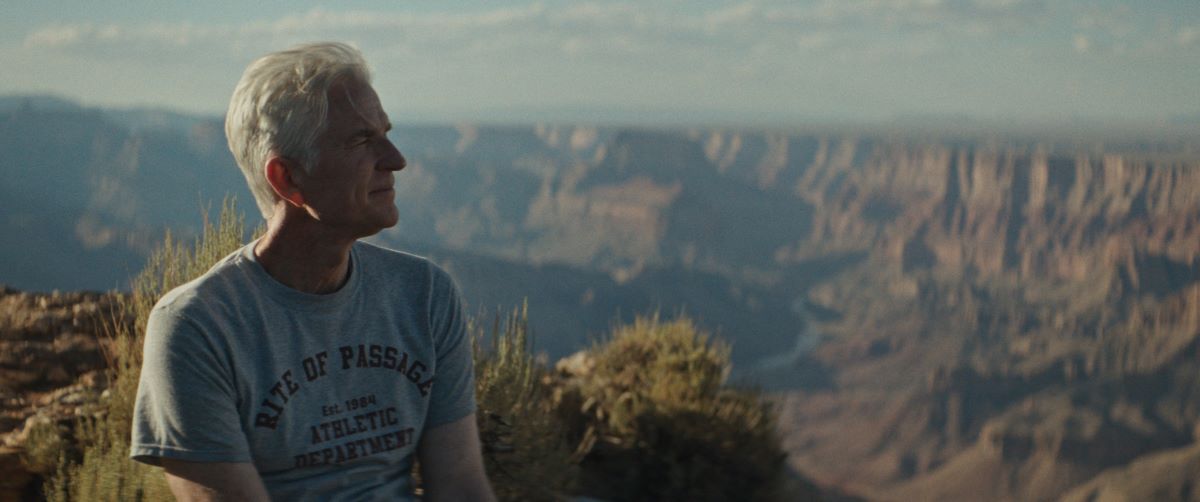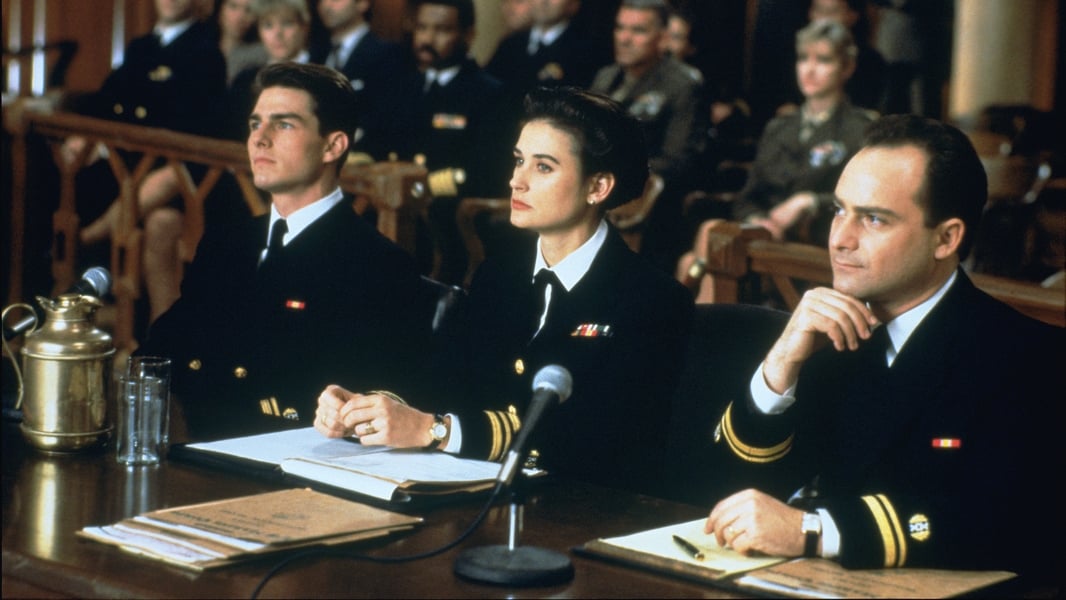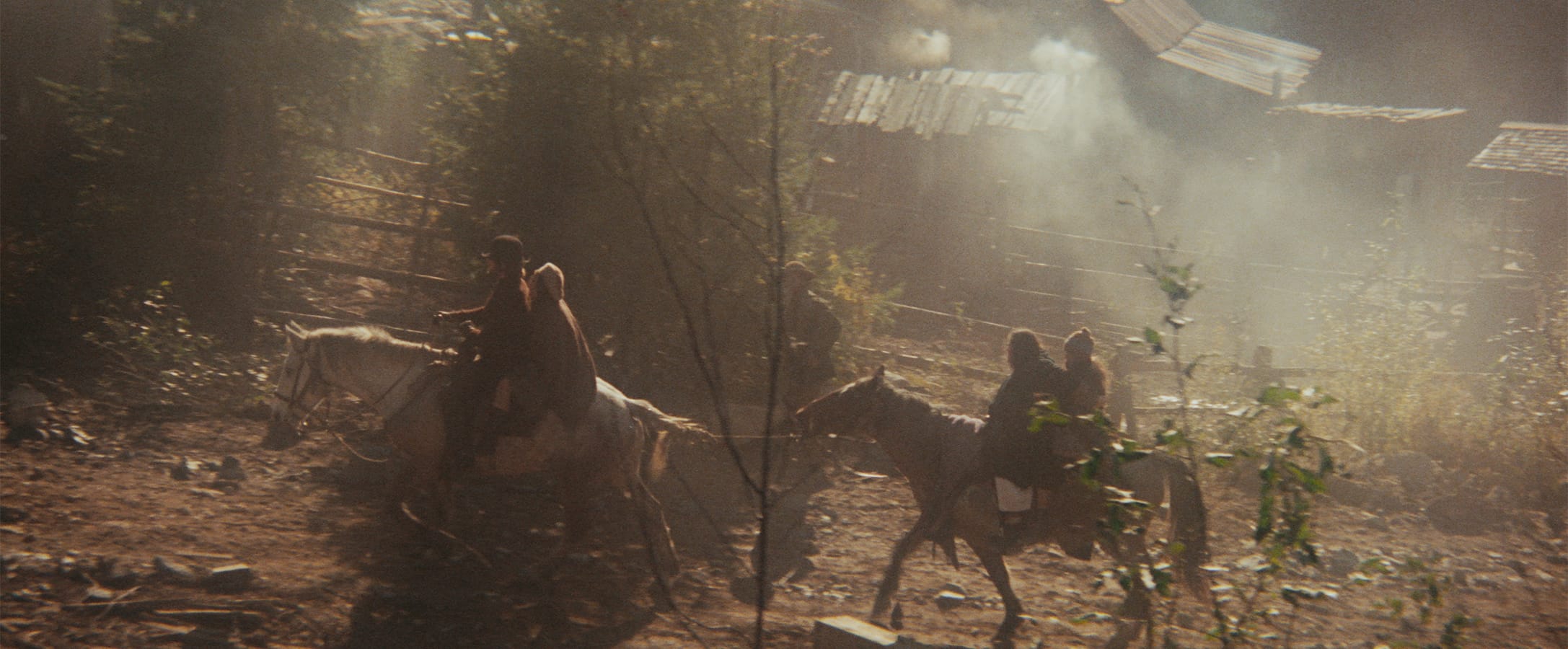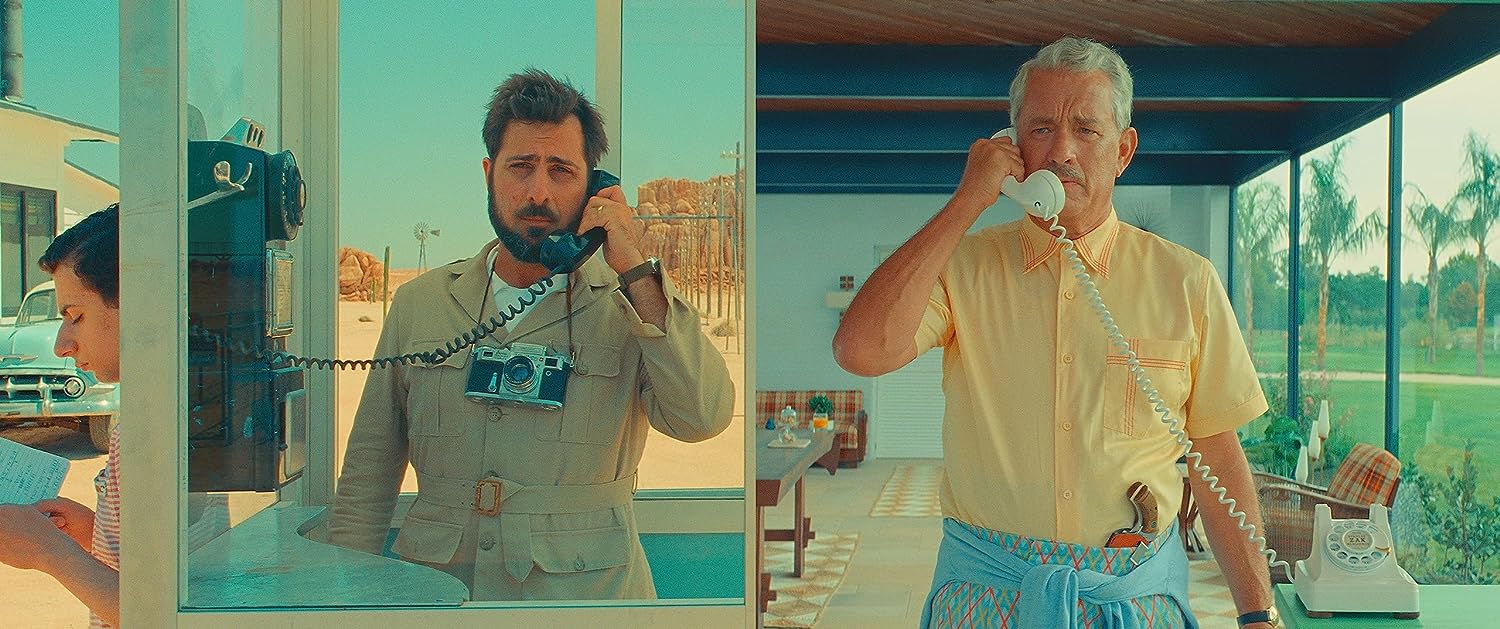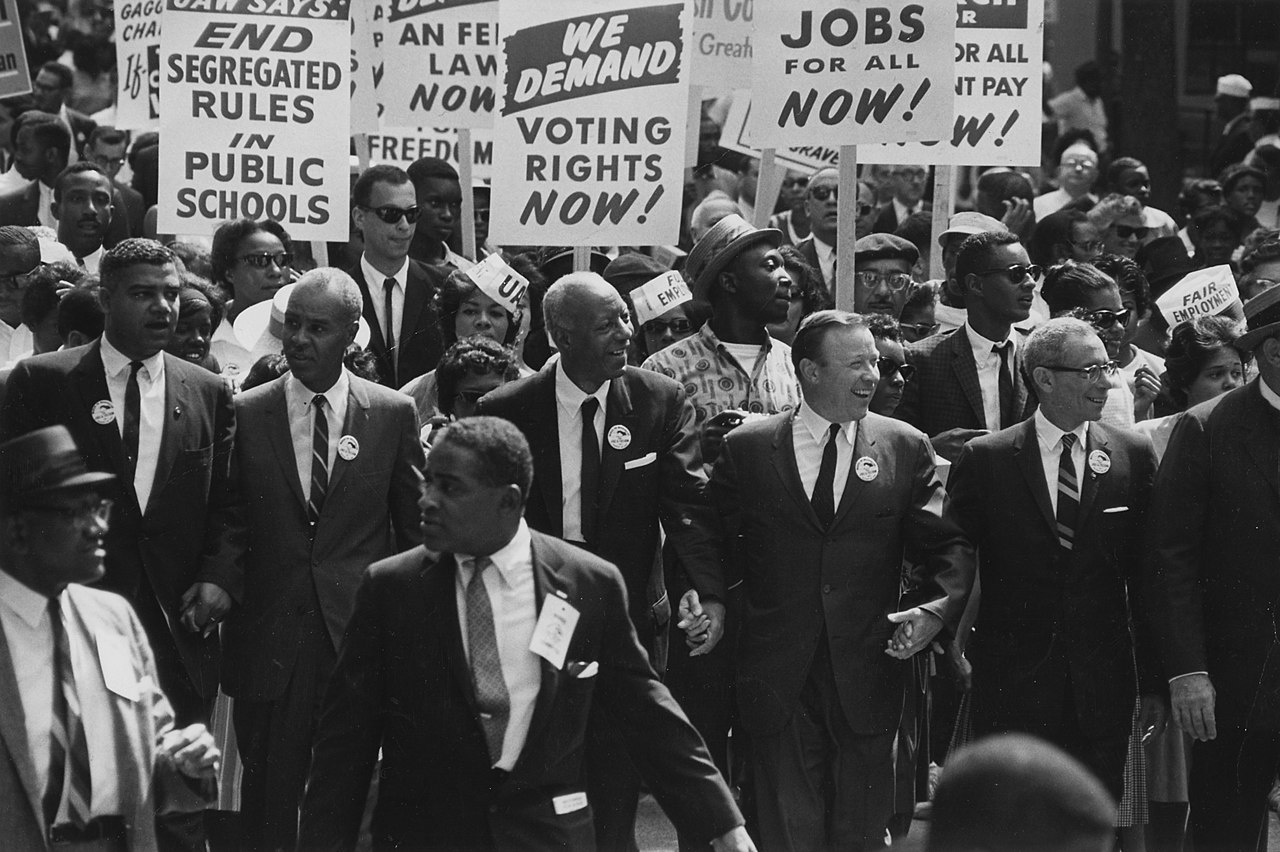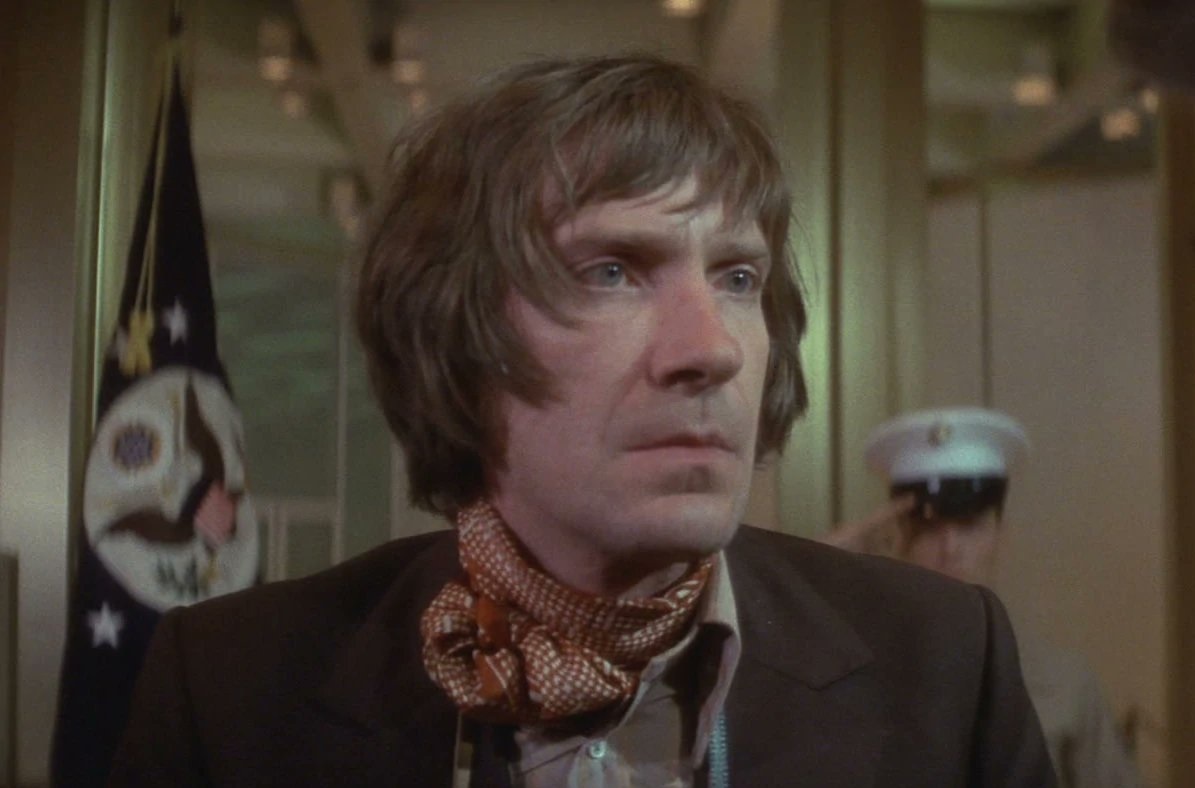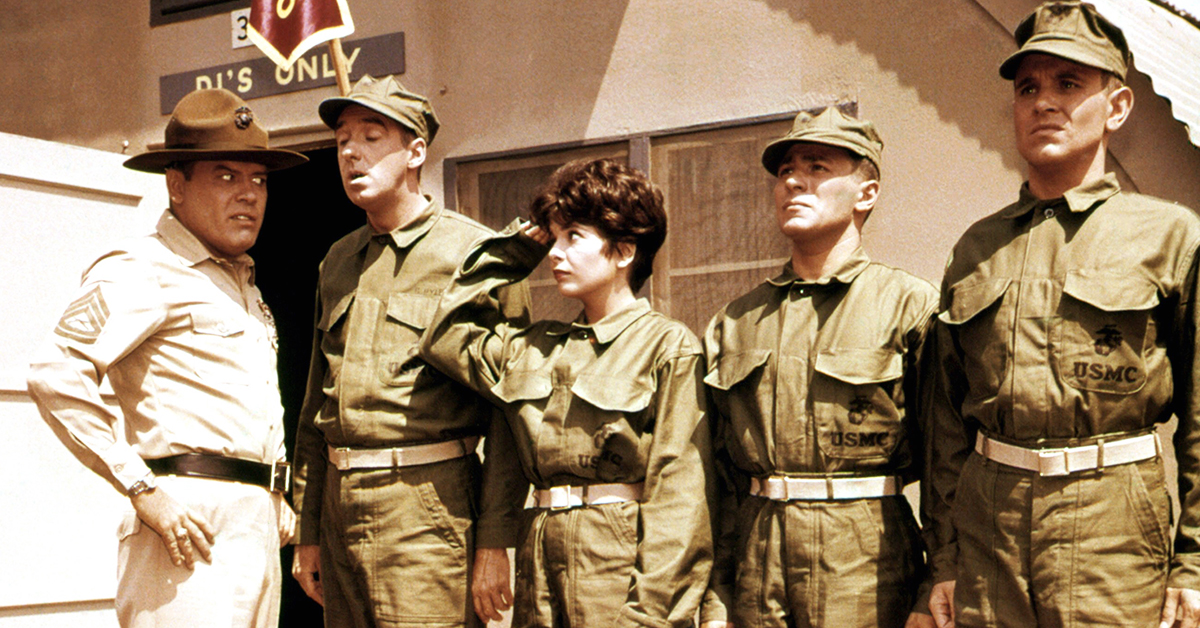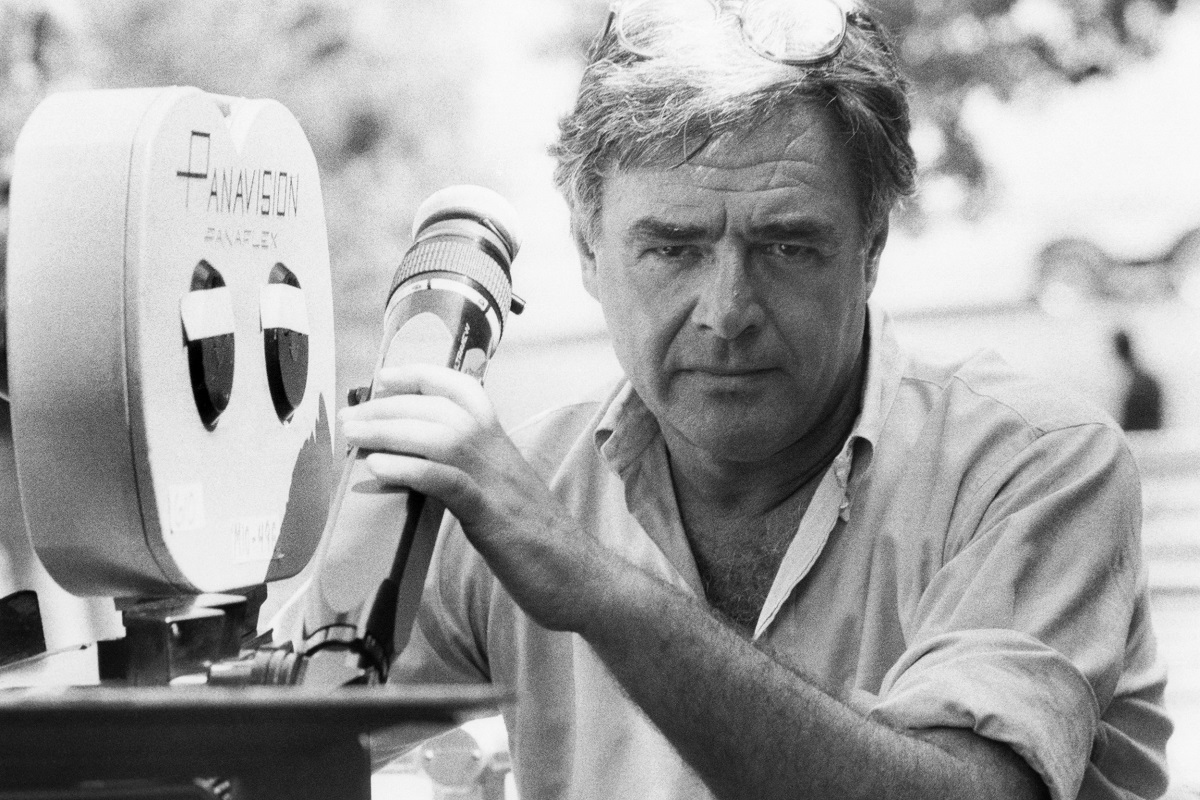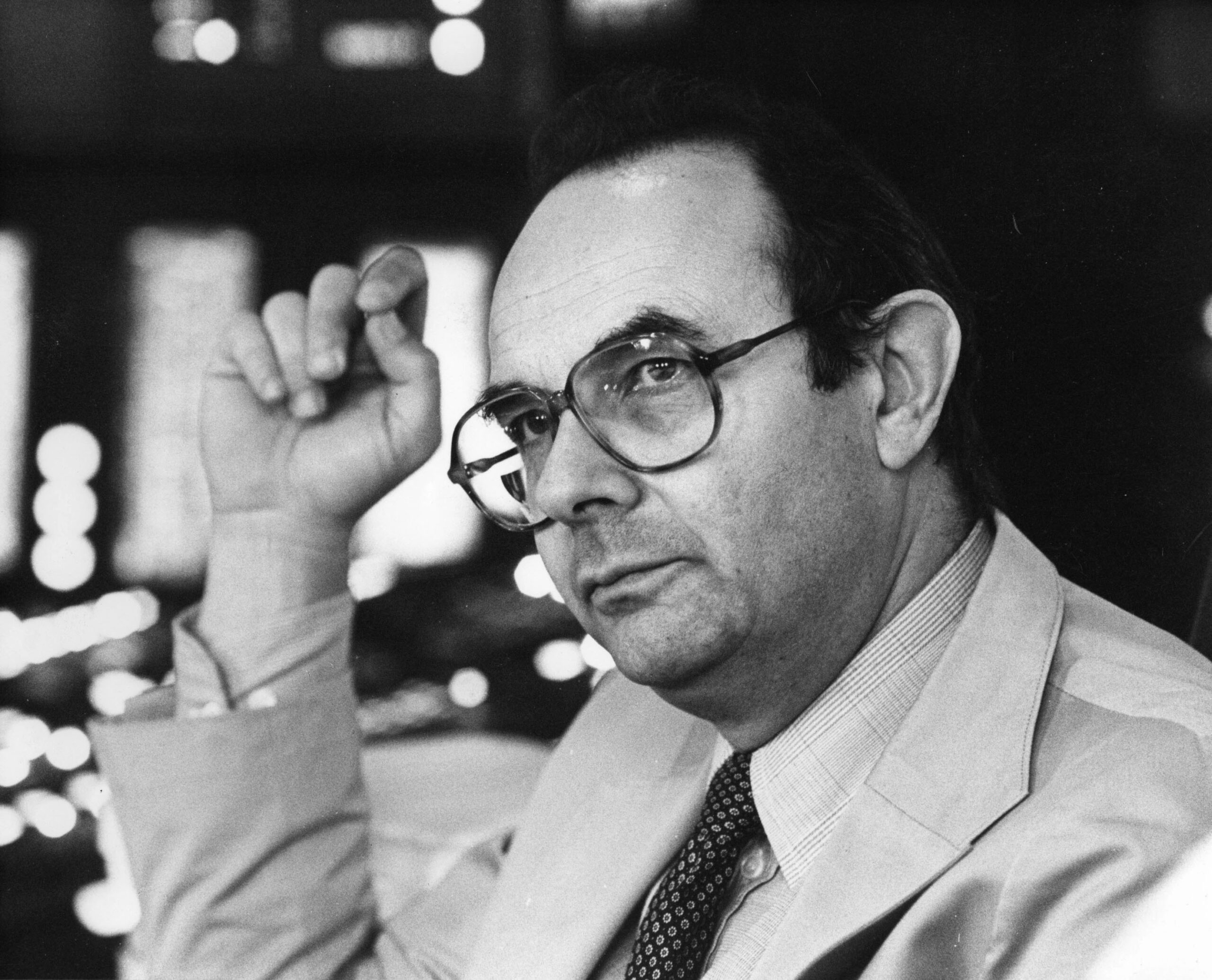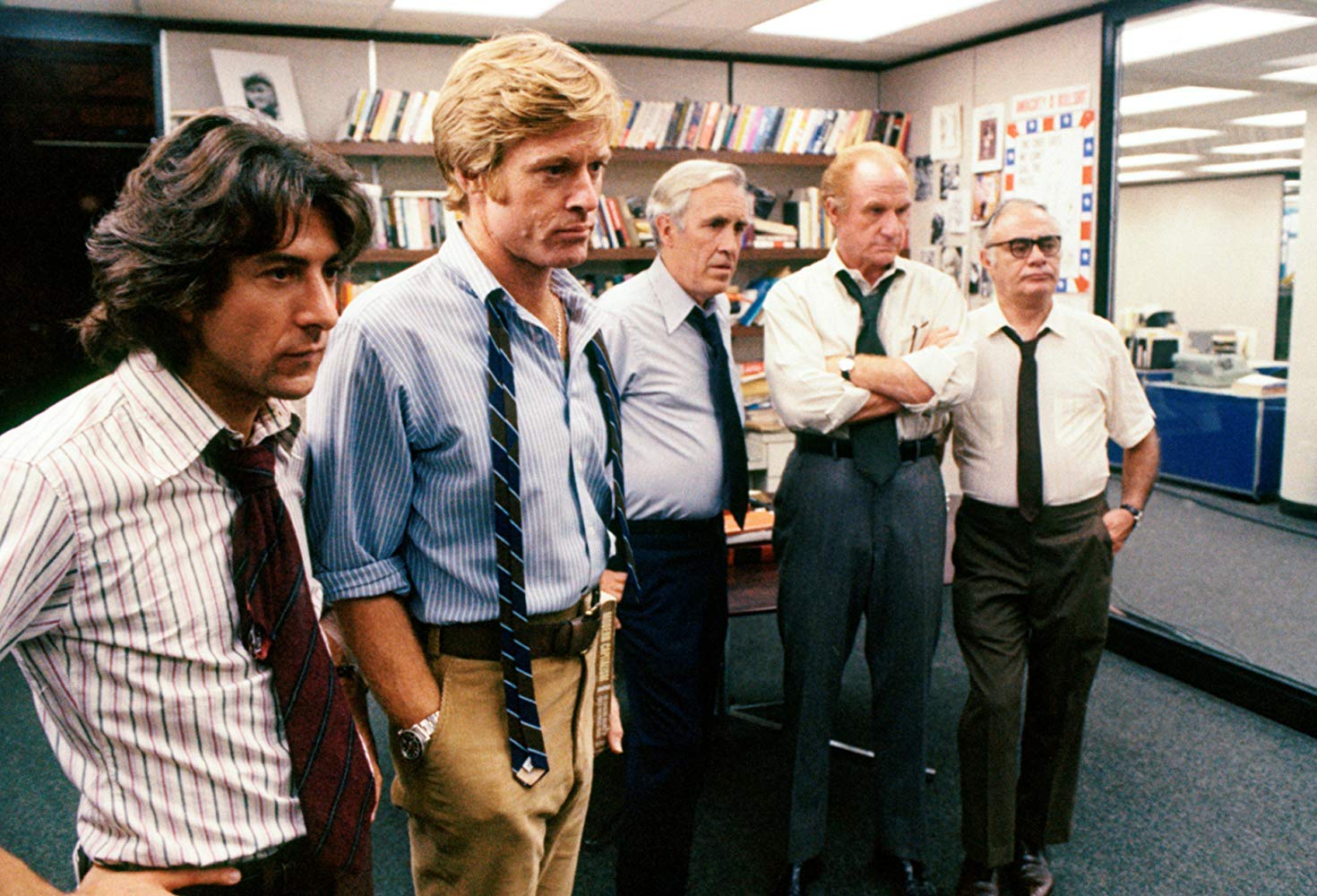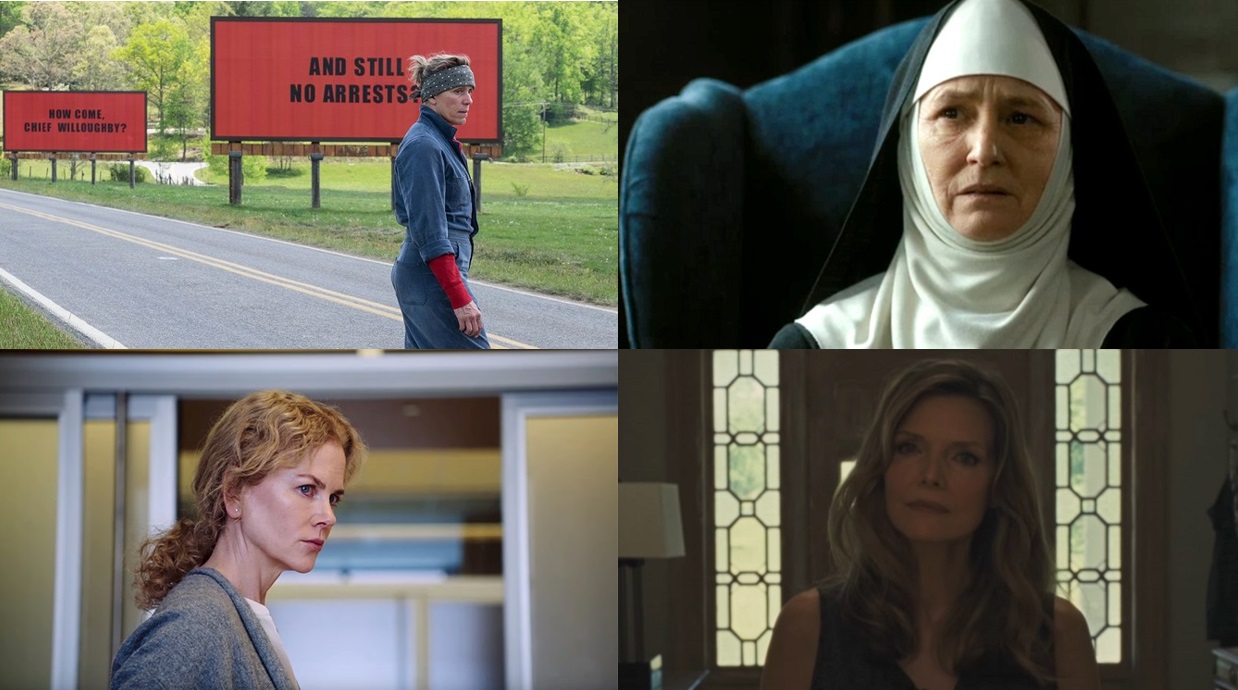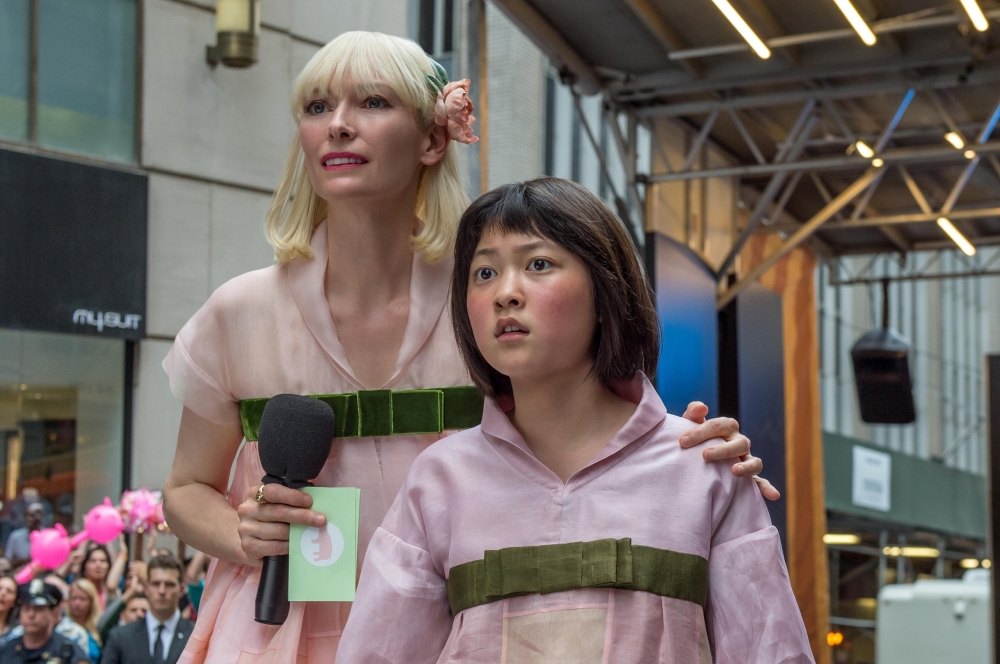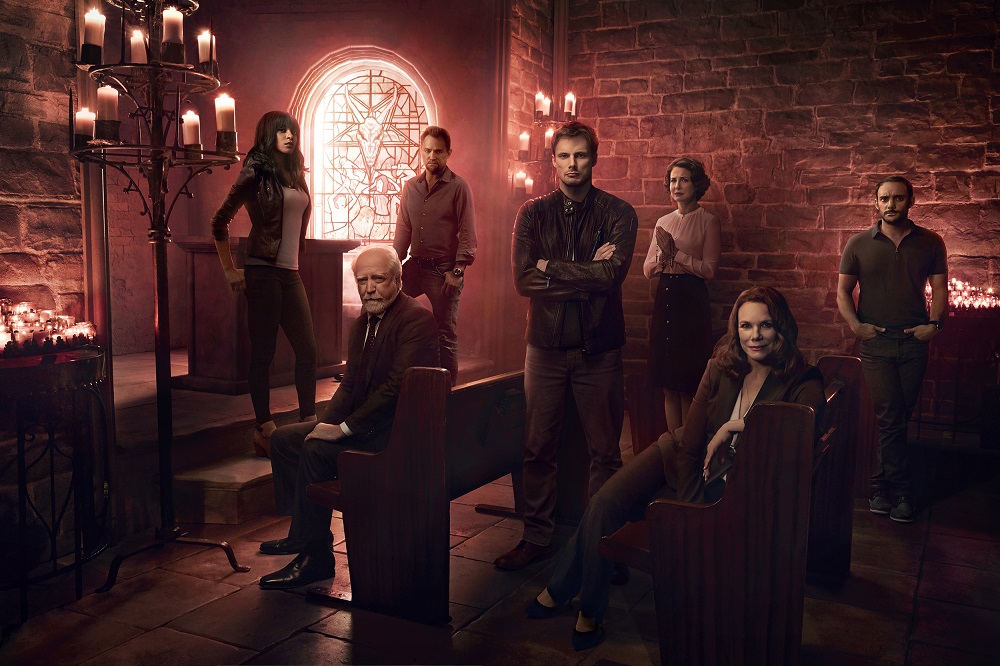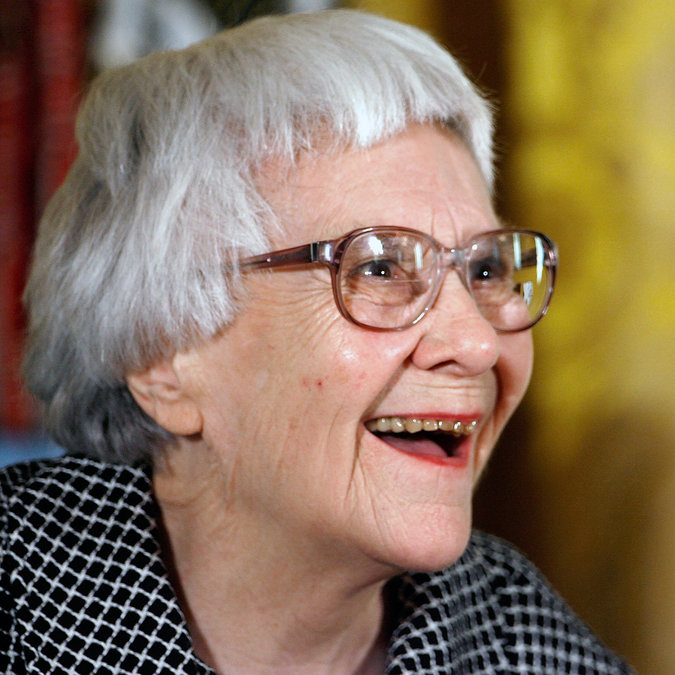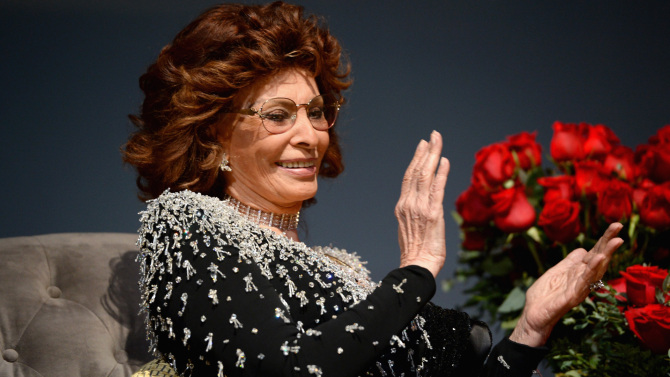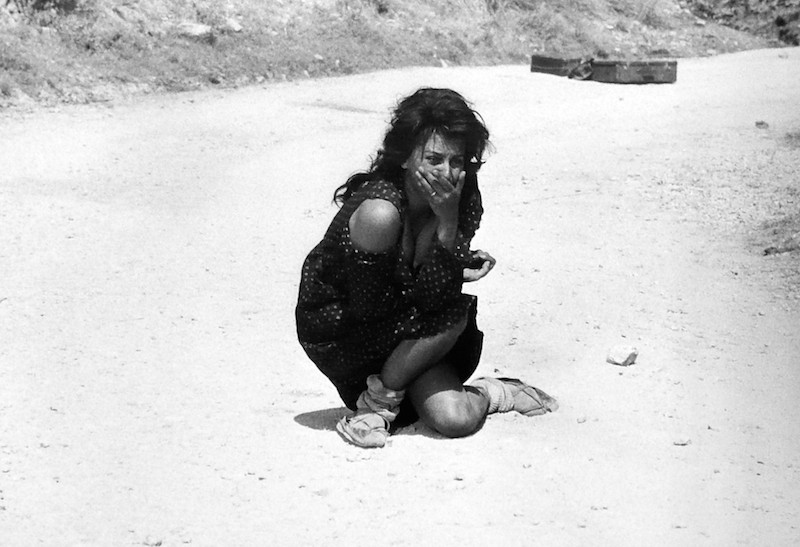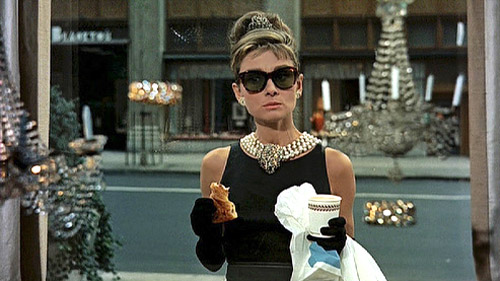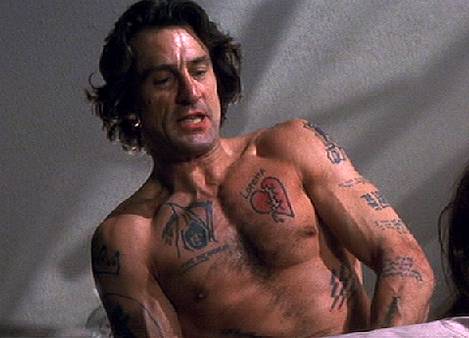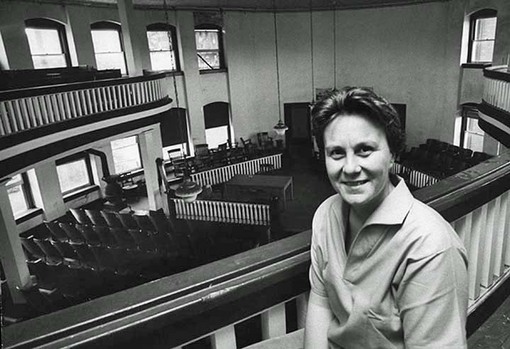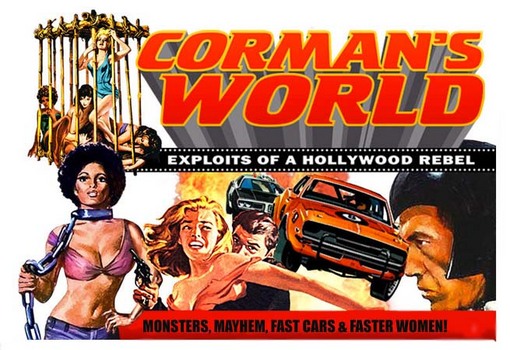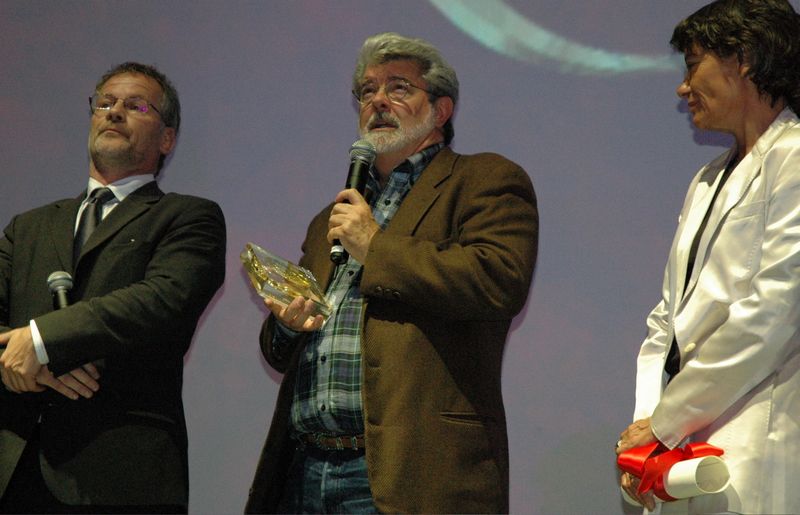Gregory Peck Movie Reviews
Blog Posts That Mention Gregory Peck
Gregory Peck conveyed courage of his convictions as he bravely tackled challenging roles
Roger Ebert
Kirk Douglas: I’ve killed so many Romans, so many Vikings, so many Indians…
Roger Ebert
I Think Of Them As The Work: Gene Hackman (1930-2025)
Scout Tafoya
I’ve Never Seen Anything Like It Before: Roger Corman (1926-2024)
Peter Sobczynski
Part of the Solution: Matthew Modine on Acting, Empathy, and Hard Miles
Matt Zoller Seitz
The Best Legal and Courtroom Dramas
Ashley Merryman
Home Entertainment Guide: February 2024
Brian Tallerico
Home Entertainment Guide: August 2023
Brian Tallerico
Hollywood & The March on Washington: When Fame Overcame Fear
Bijan Bayne
A Disappearing Act: David Warner (1941-2022)
Simon Abrams
TV’s Rural Craze & The Civil Rights Movement
Bijan Bayne
Richard Donner: 1930-2021
Peter Sobczynski
Meet the Writers: Roxana Hadadi
The Editors
Stanley Donen: 1924-2019
Carrie Rickey
The Best Current Source for Streaming Classic Movies is … Amazon Prime?
Sean Axmaker
Hitting the Mother Lode: The Oscar Race Embraces Its Maternal Side
Susan Wloszczyna
Thumbnails 7/26/17
Matt Fagerholm
Cannes 2017: “Okja,” “The Square,” “A Man of Integrity”
Barbara Scharres
All Roads for Movie Buffs Lead to Plaza Classic Film Festival
Laura Emerick
Miraculous Feats: Louise Osmond on “Dark Horse”
Susan Wloszczyna
Her Own Story: A Nora Ephron Appreciation
Nell Minow
A&E Continues to Struggle to Find Partner for Norman Bates with Dull “Damien”
Brian Tallerico
Thumbnails 2/19/16
Matt Fagerholm
AFI Fest Honors Sophia Loren
Jana Monji
Musings on Sophia Loren
Chaz Ebert
Meet the Writers: Nell Minow
Nell Minow
A little black dress makes the world go round
Jana Monji
AFI list is full of talent but empty of meaning
Roger Ebert
A film critic’s modest proposal
Roger Ebert
“Hey, Boo”: The private life of To Kill a Mockingbird
Jeff Shannon
Corman’s World: Monsters, mayhem & breast nudity!
Donald Liebenson
Cannes #4: Aboard starship ‘Sith’
Roger Ebert
Precious cargo
Roger Ebert
Outdoor film festival salutes Mickey Mouse, Brando, Grant
Roger Ebert
Elizabeth Taylor helps host surreal AIDS benefit
Roger Ebert
Elegant Role Model Could Not Be Typecast
Roger Ebert
‘Unforgiven’ ropes honors for Eastwood
Roger Ebert
Greed is good and funny in DeVito’s hands
Roger Ebert
Interview with John Frankenheimer
Roger Ebert
Interview with Kirk Douglas
Roger Ebert
Popular Reviews

The best movie reviews, in your inbox
